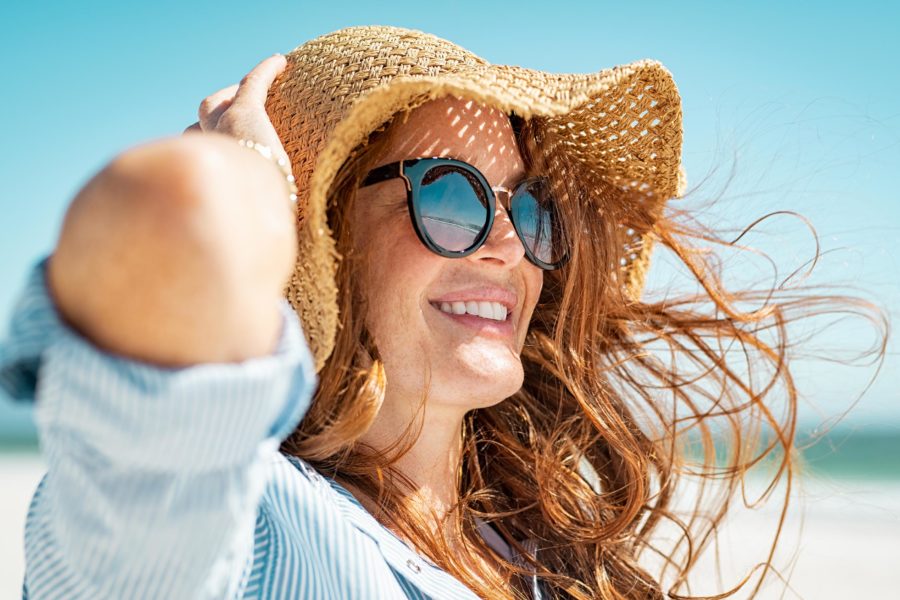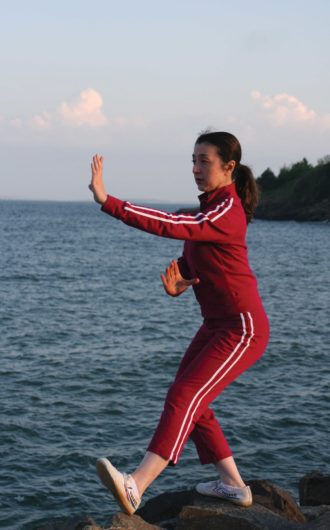If you work the standard Monday to Friday, five-day work week, then you spend 260 days annually on the job. Of those, the average American gets just 16 days of paid leave. It’s precious time that you don’t want to squander.
Most vacationers — whether by choice or necessity — opt for shorter getaways: The average length of 61 percent of trips is six days or less, and the typical American vacation is just three to four days, according to Travel + Leisure.
But, is that enough of a break to decompress from work and restore your sense of inner calm, or would you be better served by taking one or two longer trips?
Research suggests that shorter is better, even as studies strongly support the health and wellness benefits of taking time off in general. The American Psychological Association touts the need for vacations to relieve stress, while studies show that both men and women are far more likely to die of a heart attack if they skip vacations for a year or longer.
Both men and women are far more likely to die of a heart attack if they skip vacations for a year or longer.
Finnish scientists who tracked the happiness of vacationers even pinpointed what they said was the ideal vacation length: eight days.
However, it doesn’t take eight days to get into “vacation mode.” David Strayer, a cognitive neuroscientist at the University of Utah, said that three days of reconnecting with the outside world is enough for the brain to reboot from the stress of the modern daily routine of work, eat, sleep, repeat.
“Our frontal cortex is provided a break, allowing other parts of our brain to take over,” says Sara Schulting-Kranz, owner of Live Boldly Coaching and a certified Grand Canyon guide. Citing Strayer’s research, she says that even micro-trips “give permission for our minds to wander, find clarity, create and feel free.”
Shorter trips also are less stressful to plan than journeys with long, complex itineraries, notes Schulting-Kranz. “We live in a world where getting somewhere is easy, and exploring is at our fingertips.”
“Longer holidays can also quickly become overwhelming and stressful to organize and to save for, whereas short and regular getaways are much easier to break down into bite-sized chunks,” agrees Declan Edwards, founder of Australia’s BU Coaching. Plus, “one of the best things you can do for your wellbeing when it comes to travel is to always have a trip to look forward to — something that’s not too far in the future and is also exciting for you to work towards,” he says.
Whatever type of trip you choose, take it with intention, advises Alex Tran, a Seattle-based yoga and meditation instructor.
“I teach people that the length of what you are doing does not matter, but what matters is the quality and attention with which you are doing it,” she says. “We can all rush through a vacation, but if we did not make it meaningful, then the time was wasted. For example, we recently spent 10 days in Hawaii, and my intention for that trip was to relax and recharge. I spent time reading on the beach, eating healthy food, and dipping my feet into the water. I made an effort to let my surroundings dictate where I go and what I do. It was amazing to just ‘let go.’”
The length of what you are doing does not matter, but what matters is the quality and attention with which you are doing it.
Writer Milana Perepyolkina, author of Gypsy Energy Secrets, likens vacations to feeding wellness to the brain.
“No matter how long our trip was, it will be stored in our memory as ‘one trip,’” she says. “Just as it is much better to have several delicious meals during the day, it is much better for our wellbeing to have several short getaways during the year.”



 3 min read
3 min read

